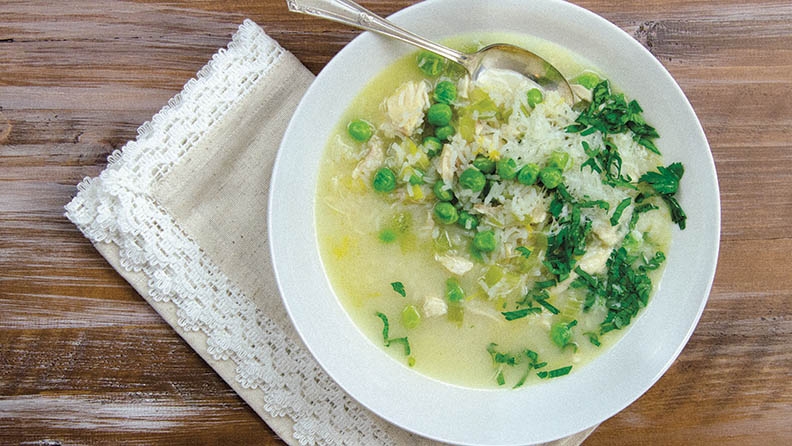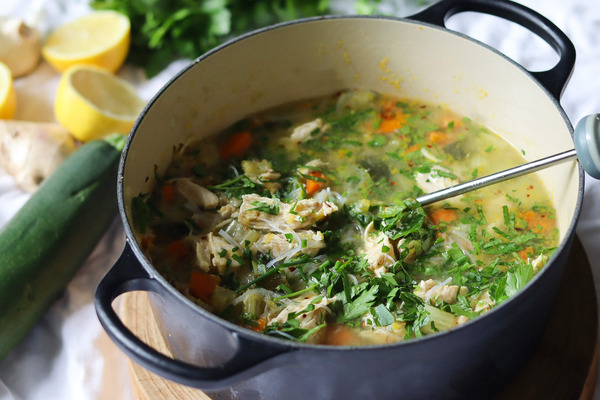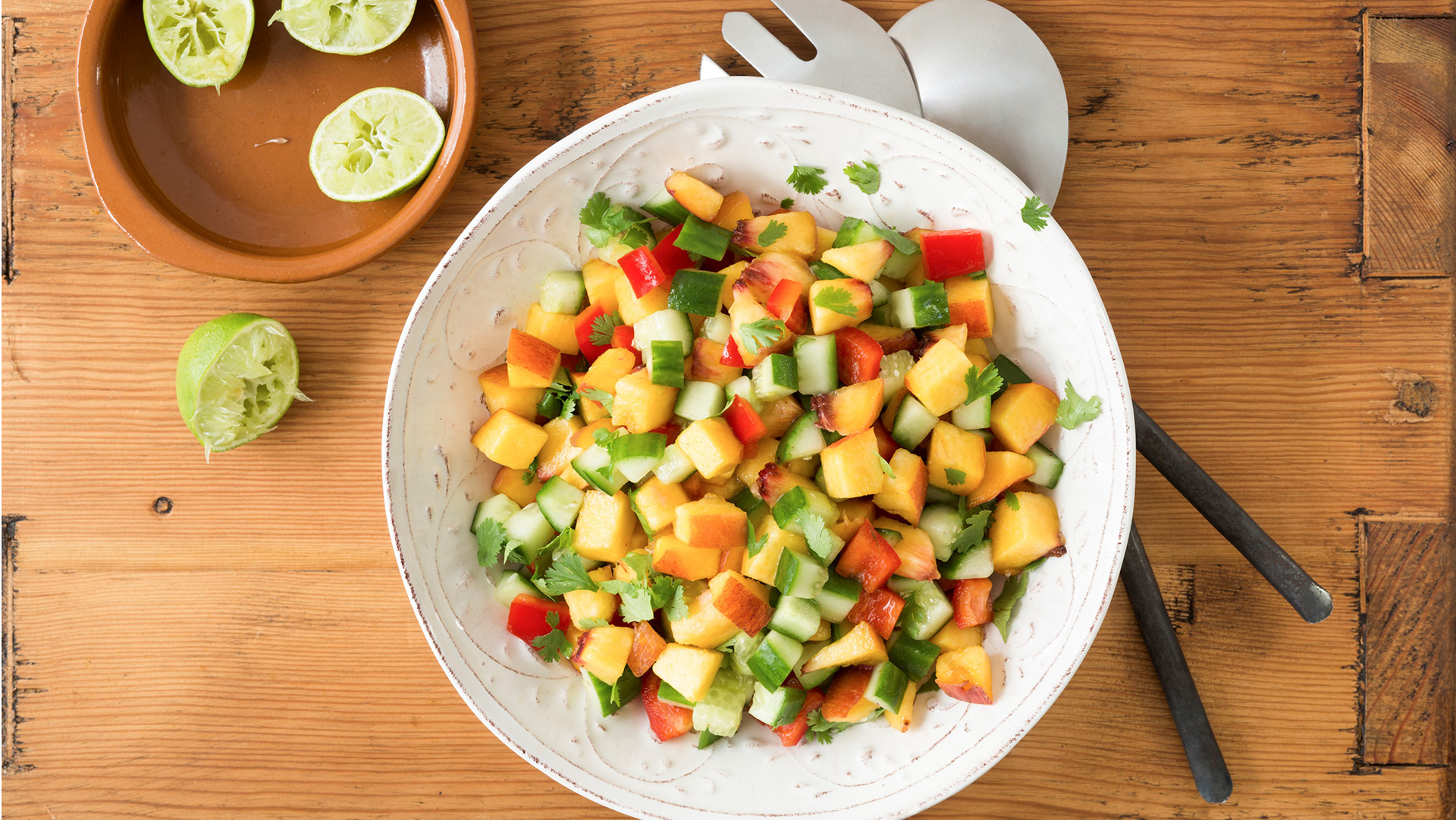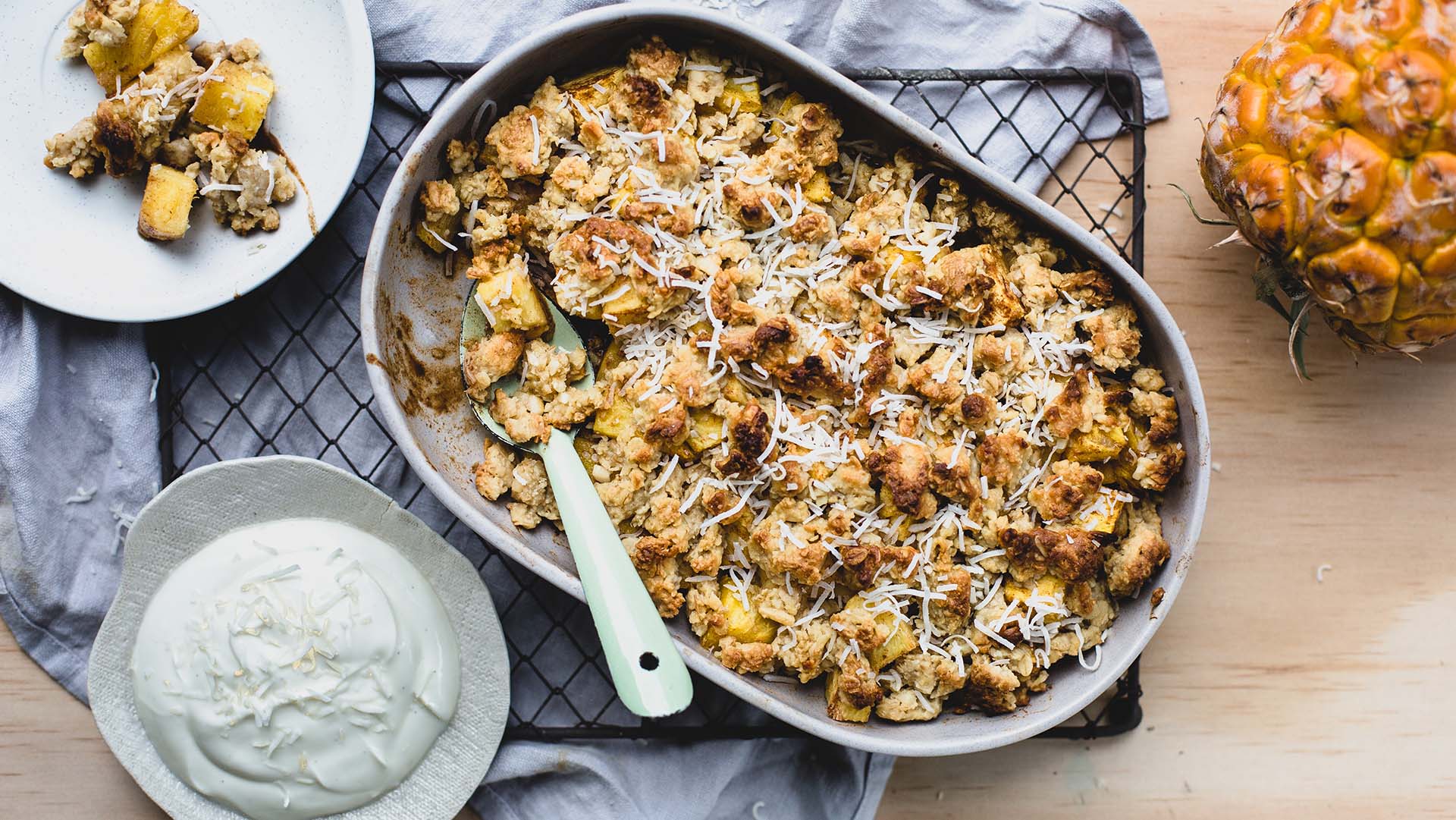-
While cancer is still a leading cause of death among Australians, more and more people are surviving a diagnosis than ever before, thanks to earlier detection and improved treatments. With these breakthroughs comes a greater focus on research into increasing survival odds via key lifestyle choices.
There are plenty of well-supported diet and lifestyle recommendations around lowering your risk of developing cancer. The key advice suggests maintaining a healthy weight, keeping active, giving up smoking, eating lots of plant-based foods, limiting red meat and avoiding processed meat, and cutting back on alcohol and salt.
Unfortunately, not much evidence exists to date to make clear dietary recommendations for people who have already been diagnosed. But from the research we do have, some key themes emerge that show the importance of a healthy diet for cancer survivors.
"Fruits, veggies, fish and wholegrains currently sit at the top of evidence-based recommendations for people who’ve survived cancer."
The best foods and worst foods
The research field is sparse when it comes to studies that look at the diet and lifestyle habits of cancer survivors. Only a few key cancers have been studied and results can often appear contradictory.
Further complicating things, some studies only looked at diet before diagnosis, while others examined diet after diagnosis. In short, the jury is still out when it comes to an evidence-based diet for surviving cancer, though there are some key signposts to guide the way.
A recent research study in the Nutrition Reviews journal collated 117 studies involving over 200,000 cancer survivors into a single analysis. What they found wasn’t so surprising.
Fish and veggies are overachieving food groups when it comes to cancer survival, while alcohol was linked to worse outcomes. In terms of a more complete diet, one stood out from the rest – a wholefood or healthy, balanced diet. Such a diet was high in fruits, vegetables and wholegrains, while low in processed red meat, refined grains and high-fat foods.
This wholefood diet was linked to a 22% lower risk of earlier death compared to people with a poorer nutritional intake.
"When it comes to putting these recommendations into practice, it’s best to stick with foods as close to their natural state as possible."
What constitutes a poor diet?
Unsurprisingly, a typical Western diet – i.e. high-fat and high-sugar. A diet heavy in processed meat, refined grains and lots of added sugar was linked to an earlier mortality risk of almost 50% in people with cancer.
So, what should you eat?
When it comes to putting these recommendations into practice, it’s best to stick with foods as close to their natural state as possible. Fruits, veggies, fish and wholegrains currently sit at the top of evidence-based recommendations for people who’ve survived cancer – a diet similar to the one recommended for lowering your risk of diagnosis in the first place.
Can a healthy diet help cancer survivors?
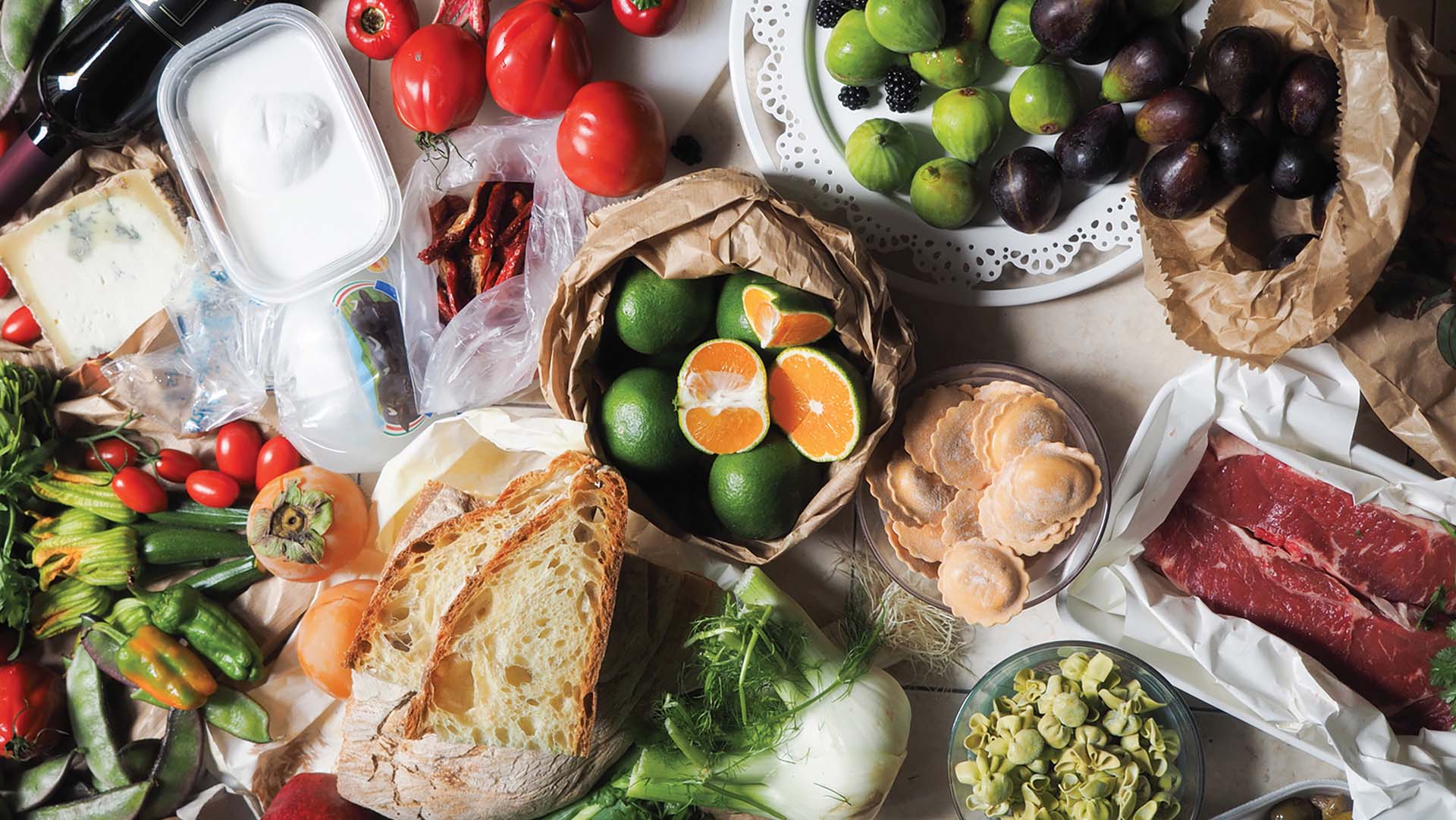
-
Is sharing a meal the secret ingredient to a happier life?
Why social connection may be the most important ingredient on your plate.
-
Chicken soup with parmesan, rice, peas and lemon recipe
Nourishing chicken soup
-
The best immunity-boosting foods
Key nutrients to focus on that could help to boost your immunity, and the how to get them.
-
Comforting chicken noodle soup
Packed with anti-inflammatory ingredients including leek, garlic and ginger, this chicken noodle soup is hearty, full of goodness and great for any night of the week.
-
Peach salsa recipe
Zesty and unusual peach salsa recipe
-
Pineapple gingerbread crumble recipe
A summer riff on a winter classic.
Subscribe to receive the best from Live Better every week. Healthy recipes, exercise tips and activities, offers and promotions – everything to help you eat, move and feel better.
By clicking sign up I understand and agree to Medibank's privacy policy


